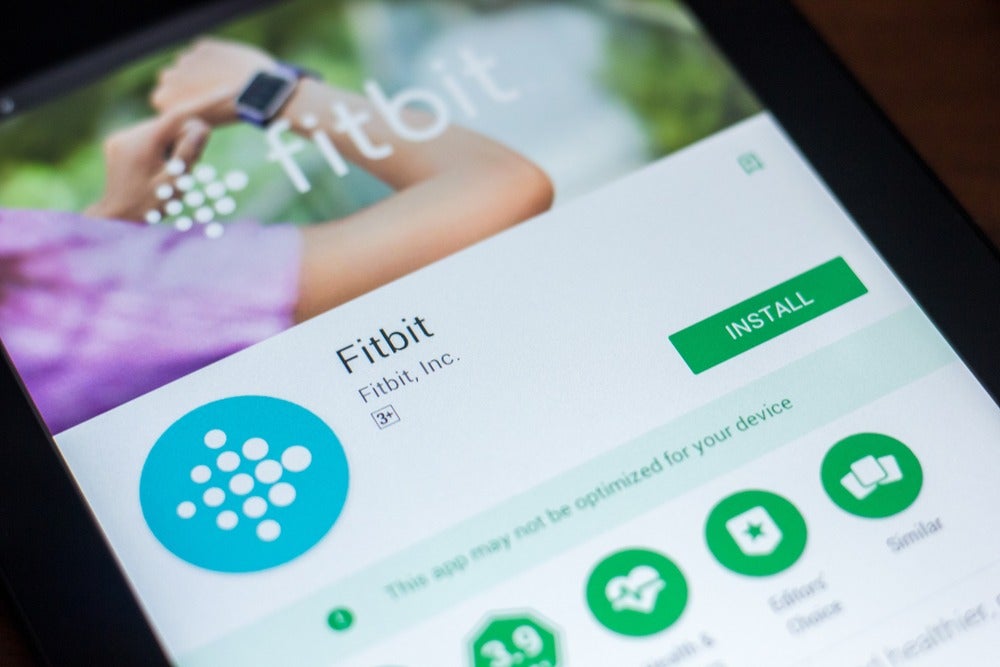Fitbit, a US-based company that produces wearable fitness trackers, is facing accusations of inaccurate heart-rate monitoring by its wearers and of providing false and/or misleading information by its investors.
Critics say Fitbit’s wireless-enabled trackers can be inaccurate when it comes to measuring heart rates, but supporters say the device has the ability to detect atrial fibrillation – an irregular or abnormally fast heart rate.
Fitbit investors and owners
Recently, a class-action lawsuit against Fitbit by a global rights law firm on behalf of the purchasers of Fitbit Inc securities was filed claiming that the defendants made false and/or misleading statements and/or failed to disclose material information on the competition, sales and financials.
Fitbit denies these claims.
Fitbit, a fitness tracker that uses automatic continuous heart-rate tracking, has had another class-action lawsuit filed by Fitbit owners that claim their trackers “do not and cannot consistently and accurately record wearers’ heart rates during the intense physical activity for which Fitbit expressly markets them.”
The class action also claims that “the PurePulse Trackers consistently misrecord heart rates by a very significant margin, particularly during exercise.”
How well do you really know your competitors?
Access the most comprehensive Company Profiles on the market, powered by GlobalData. Save hours of research. Gain competitive edge.

Thank you!
Your download email will arrive shortly
Not ready to buy yet? Download a free sample
We are confident about the unique quality of our Company Profiles. However, we want you to make the most beneficial decision for your business, so we offer a free sample that you can download by submitting the below form
By GlobalDataFitbit responds and fibrillation detection
Fitbit also denies these claims and says its devices accurately measure heart rate using reflected light on the skin to detect blood flow changes, counts steps via motion detectors and tracks sleep via motion sensors.
A misreporting of heart rate would be especially relevant for Fitbit users who need to keep their heartbeats below a target rate during exercise.
Fitness trackers have received attention for their ability to detect atrial fibrillation, a condition that is difficult to detect due to its intermittent manifestation. Since trackers can work as a continuous monitoring device, they are more likely to detect its prevalence.
A study by the University of California, San Francisco, found that the Apple Smart Watch, when used in tandem with Cardiogram, a free app, could detect atrial fibrillation in at-rest patients. There is also a larger study by Stanford University to detect atrial fibrillation using Apple Smart Watches.
In addition, at the Connected Health Conference in Boston delegates heard from Fitbit that it had developed an algorithm to accurately detect atrial fibrillation.
Fitbit has stated it is seeking US Food and Drug Administration fast-track approval for its devices and technologies – and has been included in a new digital health software precertification pilot programme along with other companies.
Where to from here?
GlobalData expects that new emerging features for detecting other heart phenomena and heart monitoring devices will emerge from this market.
Activity trackers appear to come with both positives and negatives and this puts the onus on customers and investors to make informed choices about what is clearly a complex and rapidly evolving market.









Related Company Profiles
Fitbit Inc